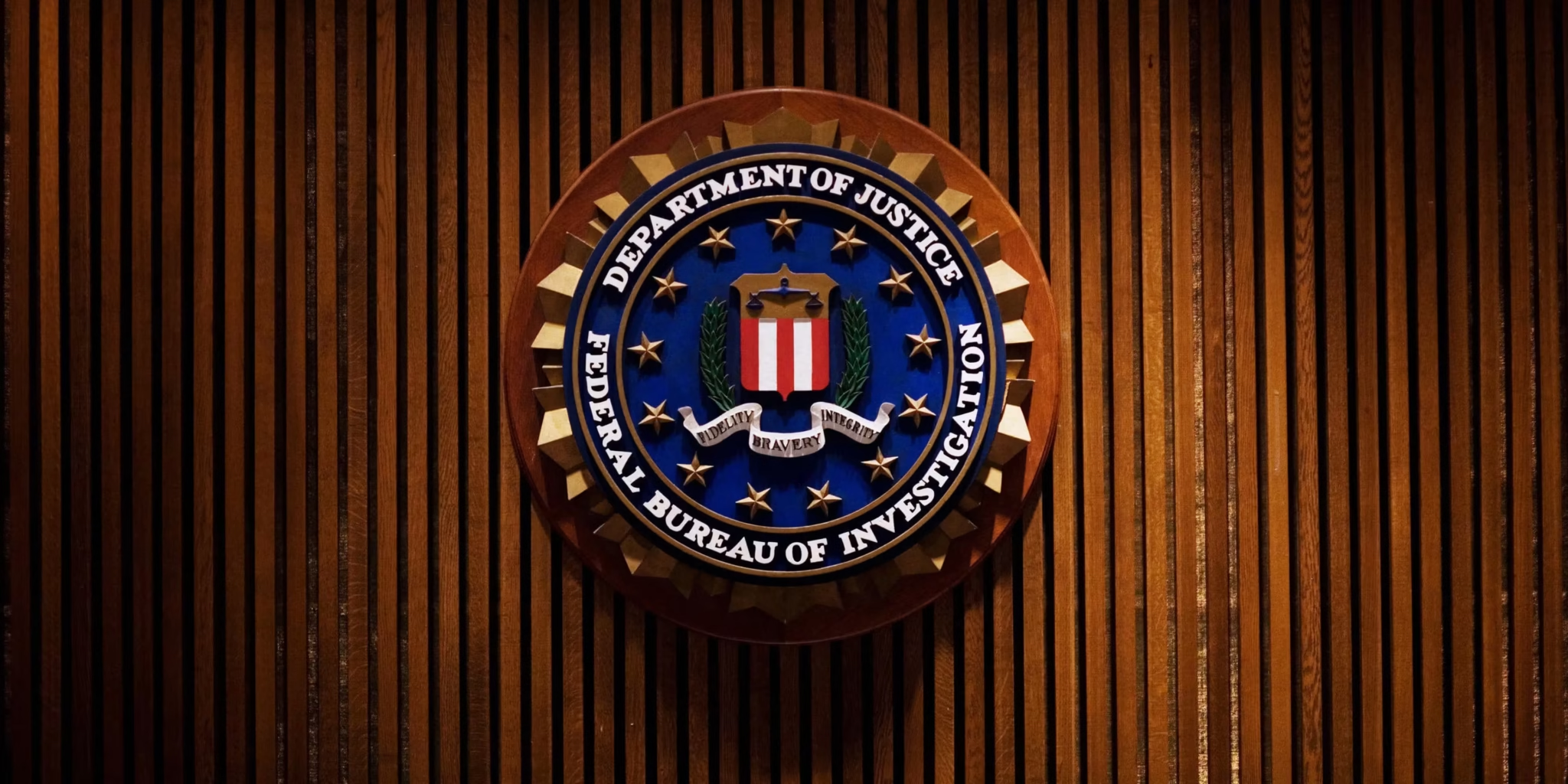Warning from the FBI, as criminals use fake tech support calls to take control of computers and drain life savings—alerting experts and the public to escalating digital threats targeting personal security.
Phantom Hacker Scams Emerge as Major Threat
The Federal Bureau of Investigation has issued an advisory to Americans about the rise of “phantom hacker scams”—a sophisticated scheme that can jeopardize an individual’s life savings. In these scams, victims receive phone calls alleging their computer is infected. The caller then provides a telephone number; if contacted, the scammer can seize control of the target’s computer and gain access to personal and financial information.
Final Call: Be DPDP Act Ready with FCRF’s Certified Data Protection Officer Program
Remote Access Opens Door to Financial Loss
Jordan Rae Kelly, a cybersecurity expert with FTI Consulting, explained that calling the number exposes victims to serious risks. “If you reach out to that number, it’s going to be a bad guy on the other end,” said Kelly, adding that victims are then directed to install remote access tools, effectively giving the scammer full access to the device—as if in a screen sharing session. The criminal then instructs the victim to perform specific actions on their own computer, further compromising their information and accounts.
Criminals Target Personal and Financial Data
These scams can allow perpetrators to infiltrate bank accounts, investments, and other sensitive records. Kelly advises anyone suspecting an infection not to call any number from pop-ups or unsolicited messages, but instead to consult with a trusted IT professional. Most people who encounter these pop-ups are not actually infected with malware, Kelly explained. “You should turn your machine off, turn it back on,” she said, emphasizing that such pop-ups are meant to manipulate rather than reflect a real cyber threat.
Practical Steps for Consumer Safety
Cybercrime remains rampant in regions such as Southwest Florida, which ranks especially high in complaints and financial losses. Experts recommend several precautionary measures for consumers: avoid clicking on suspicious links or pop-ups, do not contact phone numbers displayed in pop-ups, refrain from downloading software from unverified sources, and never relinquish control of your computer to someone who reached out to you. The FBI urges the public to report any such incidents to law enforcement or the Internet Crime Complaint Center (IC3).


